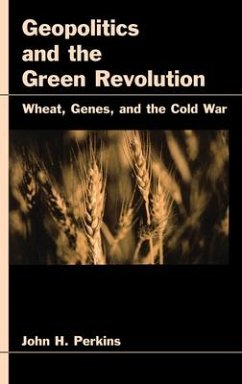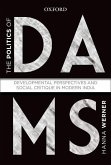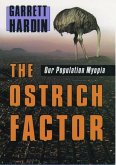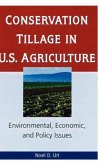Cereal grains like wheat and rice are important, because they are the basis of most food supplies. Yields of such crops have increased dramatically during the past 100 years and especially since 1950, leading to what was often called the Green Revolution. This book examines why the United States, India, Britain and Mexico each sought to develop high yield wheat production. Although the increase in yield has been attributed to plant breeding science, security concerns and management of foreign exchange were prime motivators of the new technologies. This relationship has not been previously developed in studies of agricultural modernization, and will plague future efforts to make agriculture equitable and sustainable.
Controlling the Earth explores why four different countries (U.S., India, Britain, and Mexico) each sought to develop high yielding wheat production. National security concerns and management of foreign exhange were prime motivators of the new technologies, a relationship that has not been previously developed in studies of agricultural modernization. Furture reform efforts in agriculture will be affected by this history.
Hinweis: Dieser Artikel kann nur an eine deutsche Lieferadresse ausgeliefert werden.
Controlling the Earth explores why four different countries (U.S., India, Britain, and Mexico) each sought to develop high yielding wheat production. National security concerns and management of foreign exhange were prime motivators of the new technologies, a relationship that has not been previously developed in studies of agricultural modernization. Furture reform efforts in agriculture will be affected by this history.
Hinweis: Dieser Artikel kann nur an eine deutsche Lieferadresse ausgeliefert werden.








